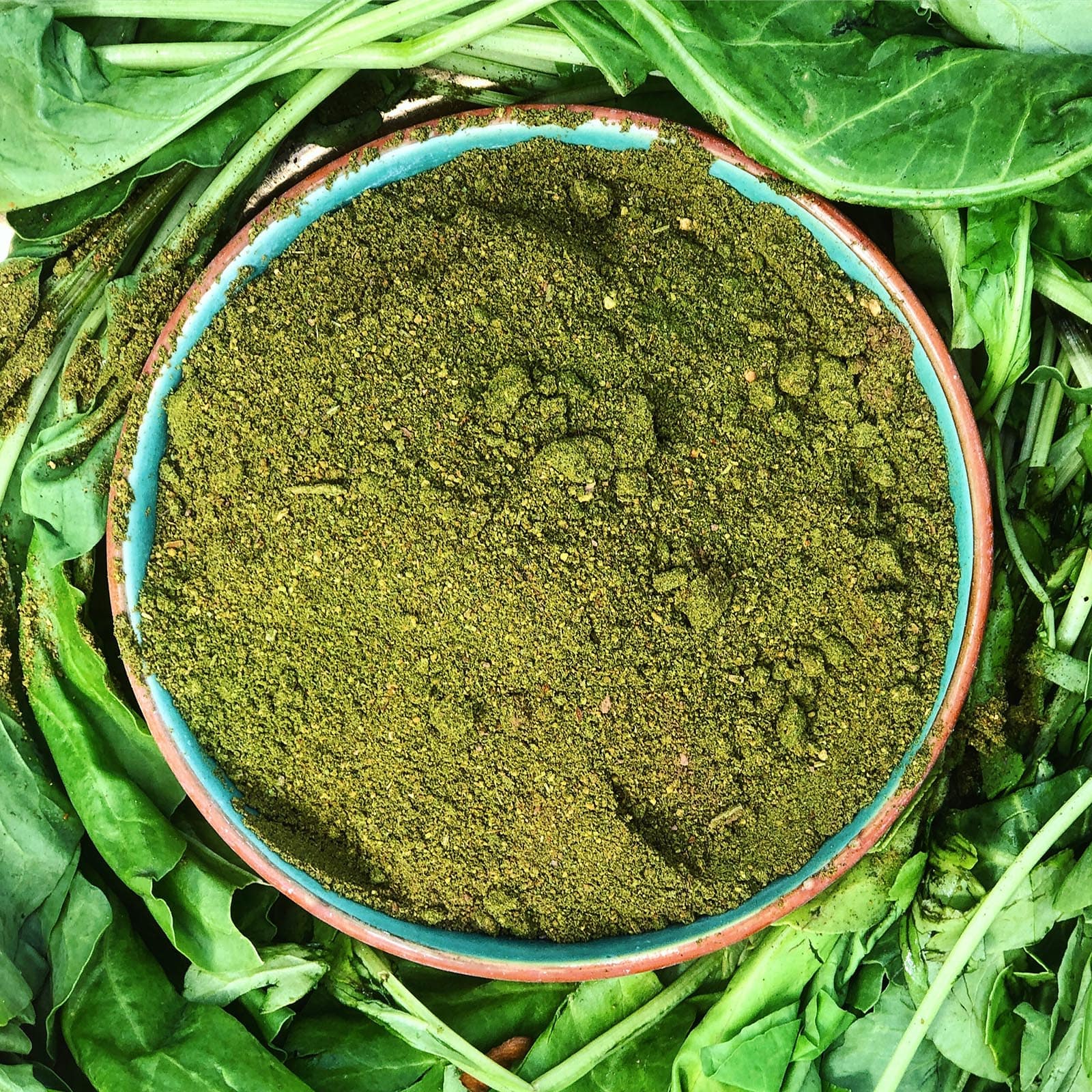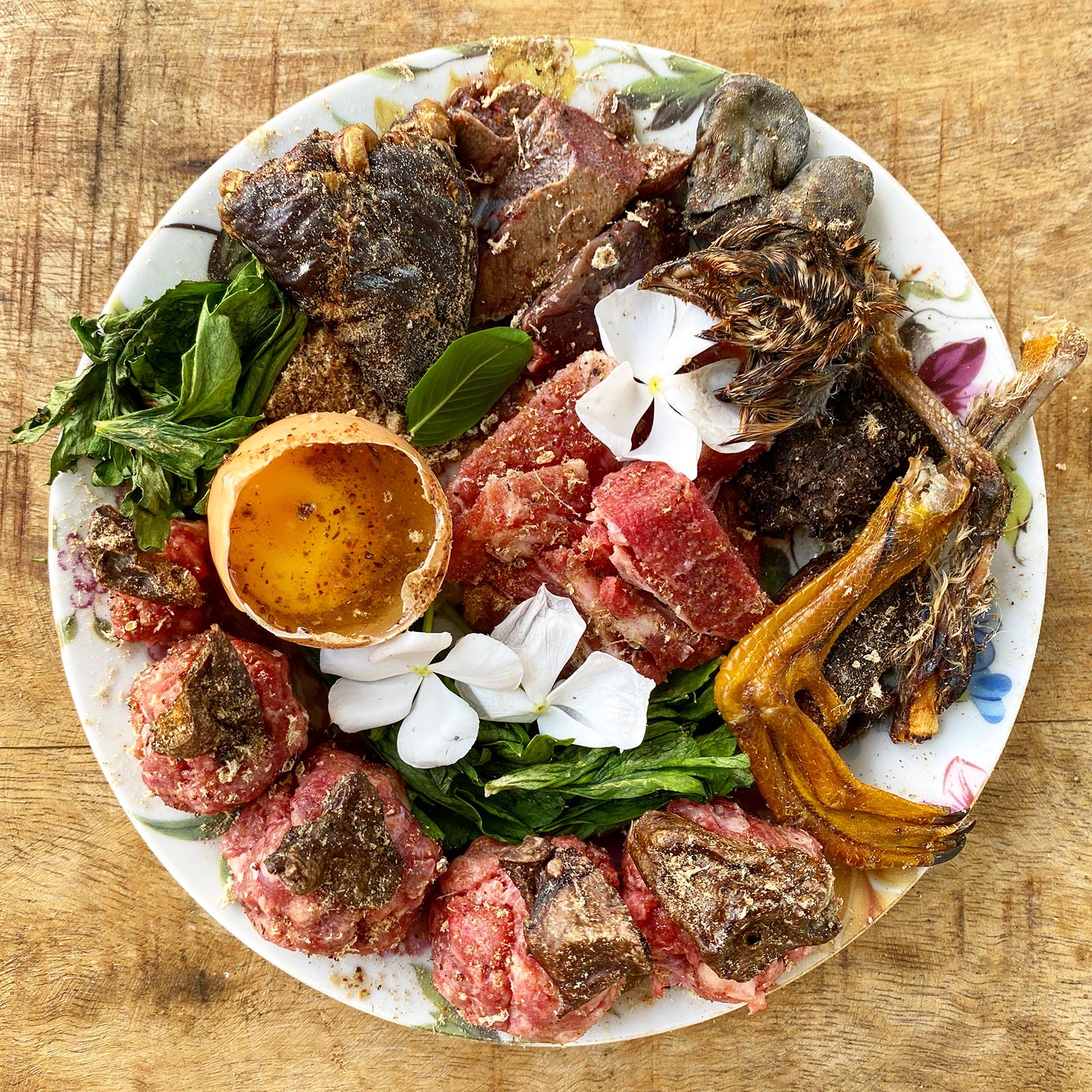
Dealing with Kidney Issues in Dogs & Cats
Let’s talk Protein Intake and basics of a healthy Kidney and Liver!
It’s scary when BUN levels are up - which means that there is waste in the bloodstream that should’ve been flushed out by the kidneys - and you can’t figure out the reason! It’s so so important to understand the reasons and how your pet's body works to find the best way to heal without medication! And it’s possible!
So let’s get right into it:
The main function of the kidneys is to filter anything that’s not needed or supposed to be in the system from the blood stream. By that regulating the levels of essential minerals such as potassium and sodium, conserving water, and finally producing urine which flushes extras out.
In dogs, the kidneys use about 20% of their heart’s blood to operate. Unlike the liver, kidneys cannot rejuvenate.
But what happens when a dog’s kidneys are unable to filter waste efficiently? It causes an imbalance in Creatanine, BUN & Urea levels as there is significant protein loss through the kidneys.
The usual recommendation to help this will be to lower the pets protein intake and instead feed a prescribed kibble. This is the worst thing that can happen to the kidneys though.
In short - lowering the protein intake will decrease the amount of work the kidneys do, thus making them dormant rather than helping them to work at their best level.
Furthermore, it’s essential to understand that high quality protein helps the kidneys recover because feeding things like green tripe for example does supply minerals that bind to the excess minerals like phosphorus in the kidneys and once they bind they change structure and can be flushed out with urine.
Let’s look at this in detail:
With kidney disease, your dog needs to have perfusion (movement of fluids through organ, such as blood) so that toxic wastes have a better chance to filter out of the body. Low-protein diets decrease perfusion of the blood flow through the kidneys. With decreased circulation, there is an increase in kidney cell death which is what causes the signs and symptoms of kidney disease.
Dogs & Cats fed higher protein diets have higher levels of BUN and creatine in their blood. This is completely normal. If we continue to compare dogs that are fed species appropriate diets high in meat protein to laboratory dogs that are fed processed foods drastically low in protein then they will always think the former will have excessive levels of protein in their blood which MAY be in an indicator of renal failure. It MIGHT be in cases of kibble fed dogs but it’s NOT in raw fed dogs. It’s just that they’re eating more nutrients and thus have more in their body.
More often than not, on such diagnosis dogs are prescribed low protein diets or given prescription diets loaded with carbs. Dogs have no nutritional requirement for carbohydrates and feeding them excessive carbs not only puts more strain on their kidneys but also slows down their complete digestion process.
As for protein: dogs and cats are carnivores and thrive on high protein diets. Proteins are directly required for important cell functions including proper immune functions, hormone production, tissue repair, muscle maintenance, neuromuscular action, and many more.
What researchers recently found is that high-quality protein is an important stimulator of kidney tubular function. When the body senses protein in the diet, often dormant kidney tubules are activated to go back to work to help process it. When there is low protein, these tubules will return to dormancy.
While kidney diseases don’t completely go away, a good diet helps a great deal in improving their quality of life. In cases of an acute kidney disease a well formulated diet can help the condition from worsening.
After all this you must be wondering what’s the best food to feed your dog or cat if he/she has been diagnosed with a renal issue.
Well, that varies from one pet to another and works best when formulated as per the test reports and stages of the kidney disease.
An ideal diet should include foods like unbleached green tripe, fish, shiitake mushrooms, parsley, pomegranate, dandelion, milk thistle, hemp & flax seeds. An increase in fluid intake is recommended to flush out toxins but not excessively as that would put more strain on the kidneys than required so an adequate proportion would help. All this alongside pre and probiotics will work wonders as they help strengthen the gut while simultaneously working on improving the dog’s immunity. It’s especially important in such situations to avoid processed foods as they put excessive strain on the kidneys for digestion. Rice and any starches should not be fed at all as they cause more inflammation and can harm the kidneys.
Raw diets will be the best option as they’re least processed, more bioavailable and of course contain higher moisture content but you can make tweaks whether you feed kibble, home cooked or raw!
Special thanks to Ashritha from Carni Kitchen for researching this topic!
If you need help getting started with the right food, here's our renal remedy box to shoo those worries away!


Leave a comment